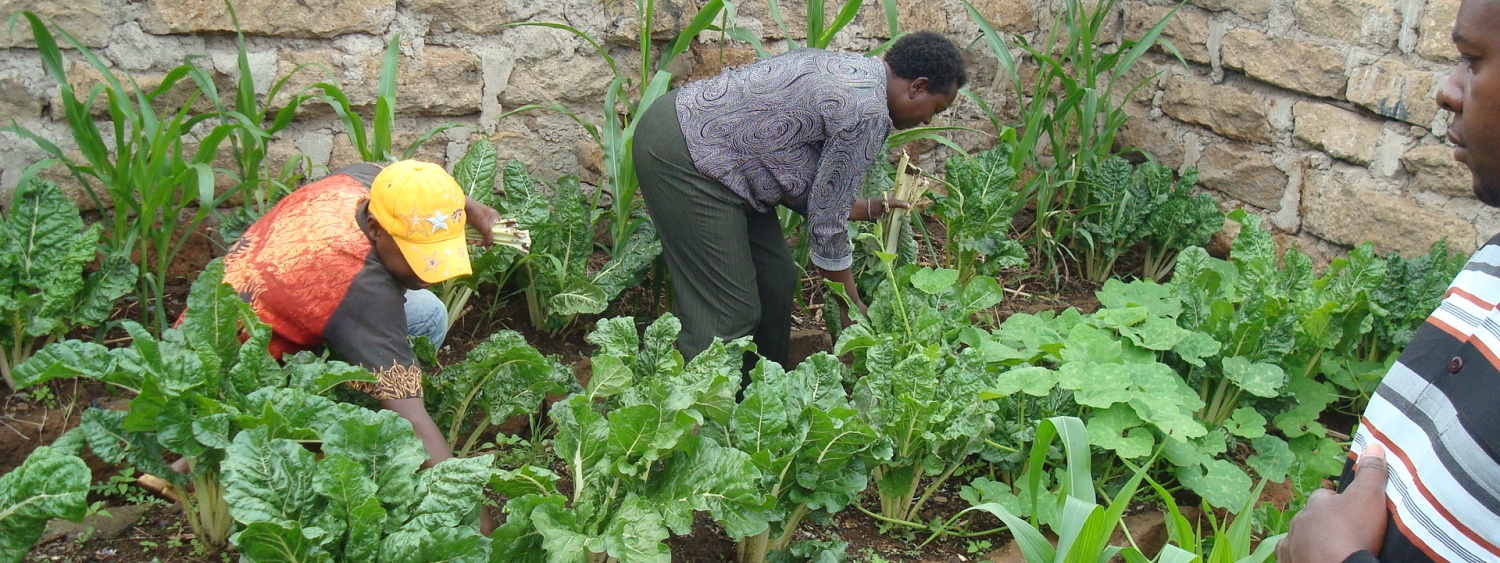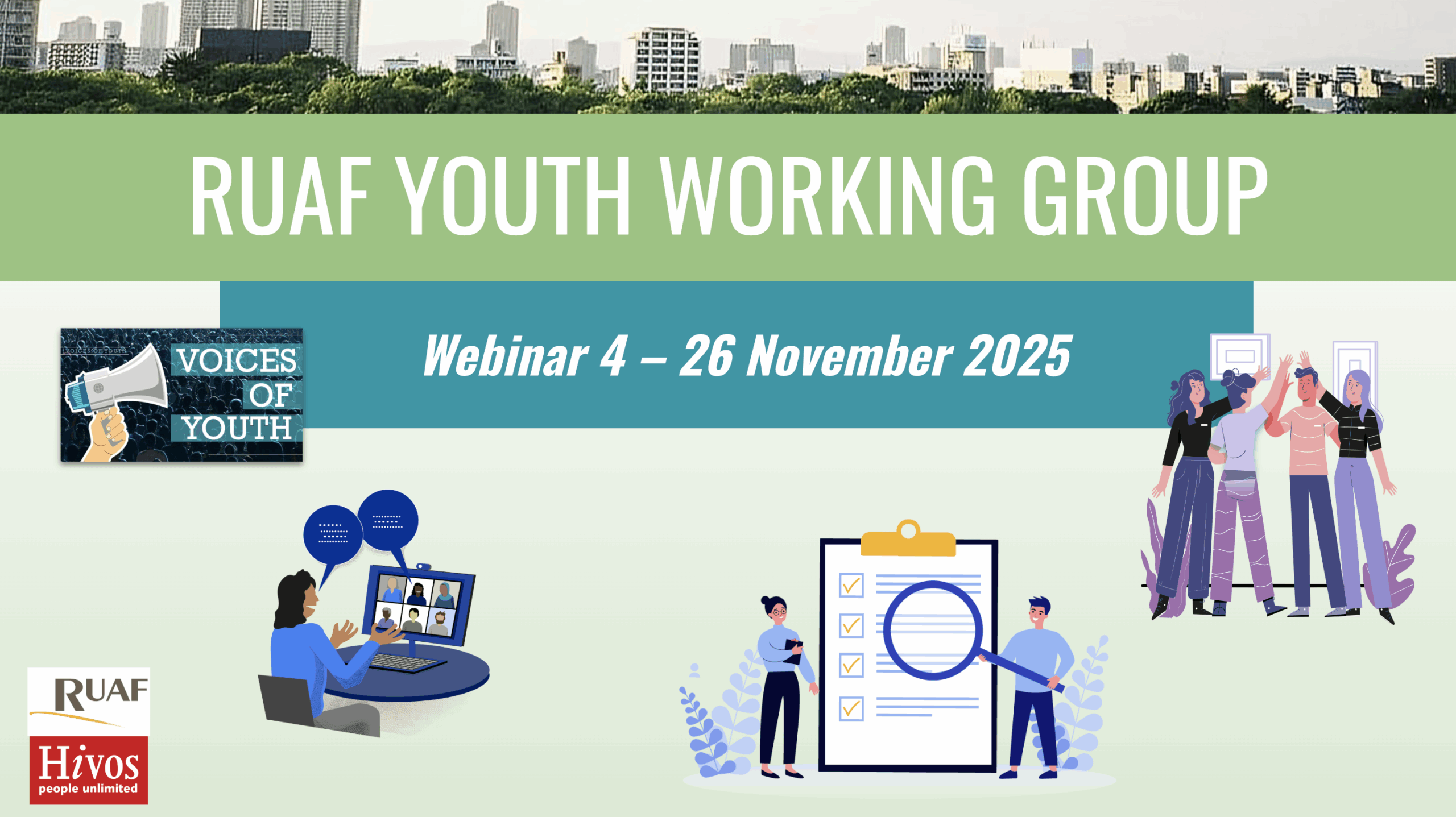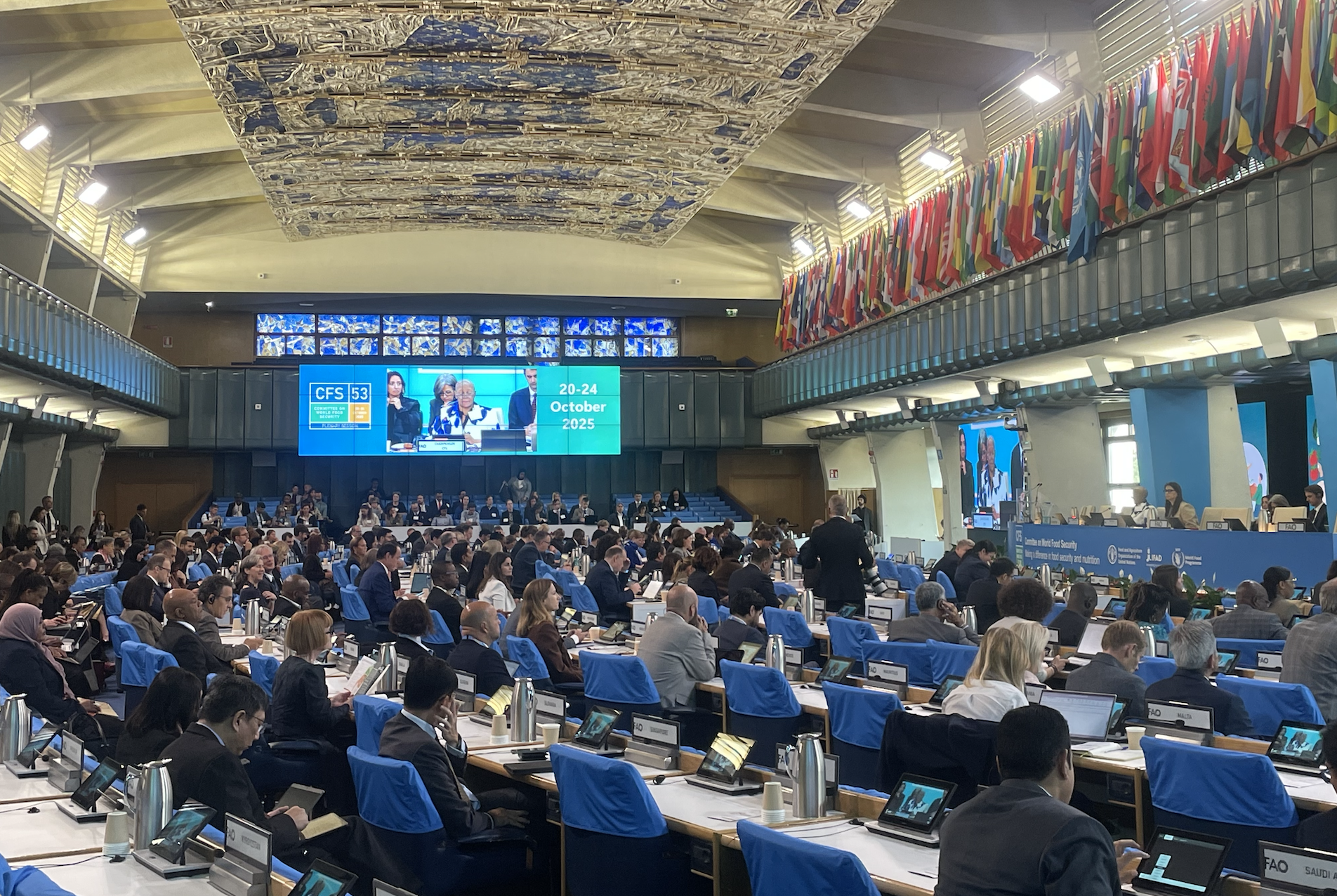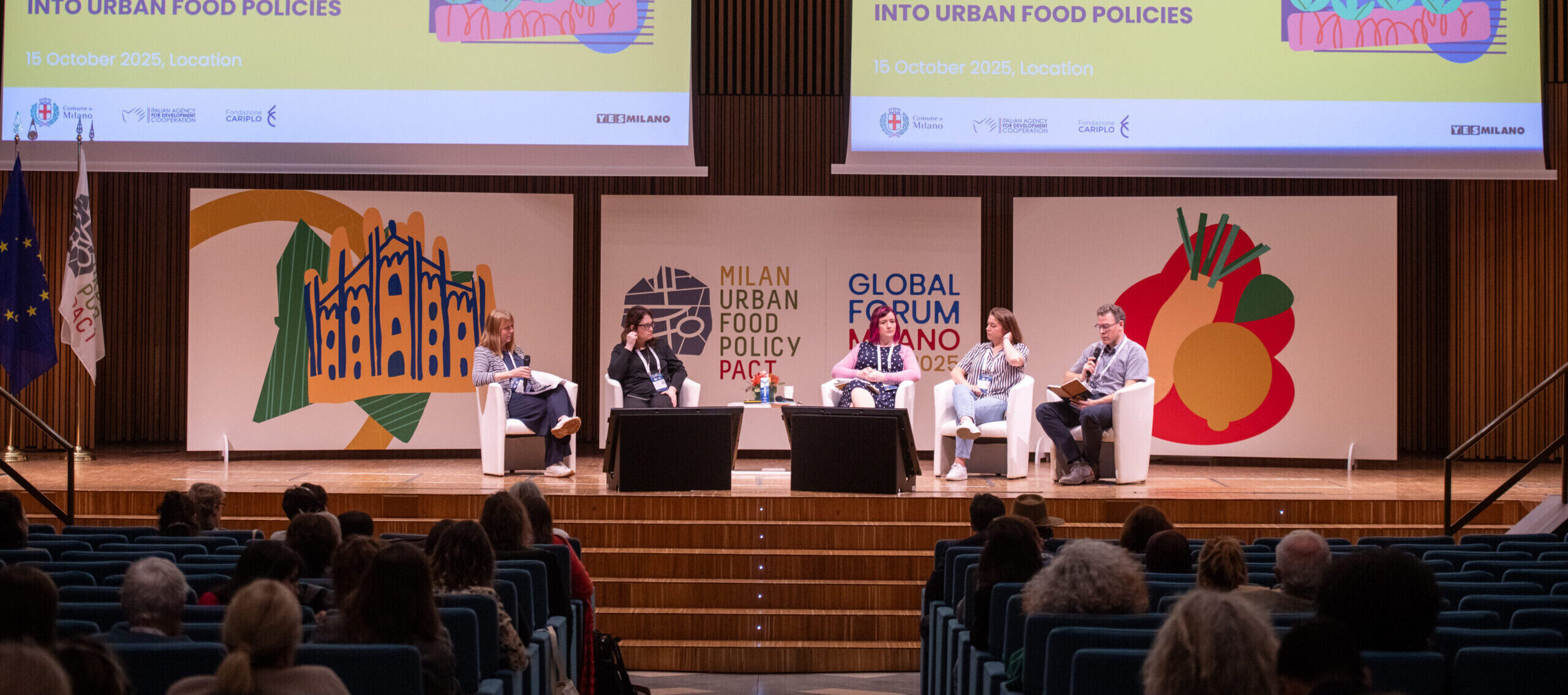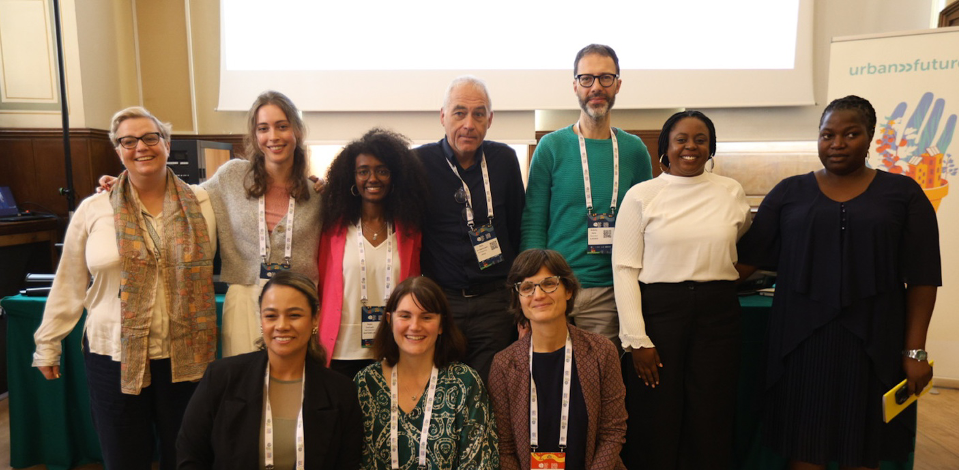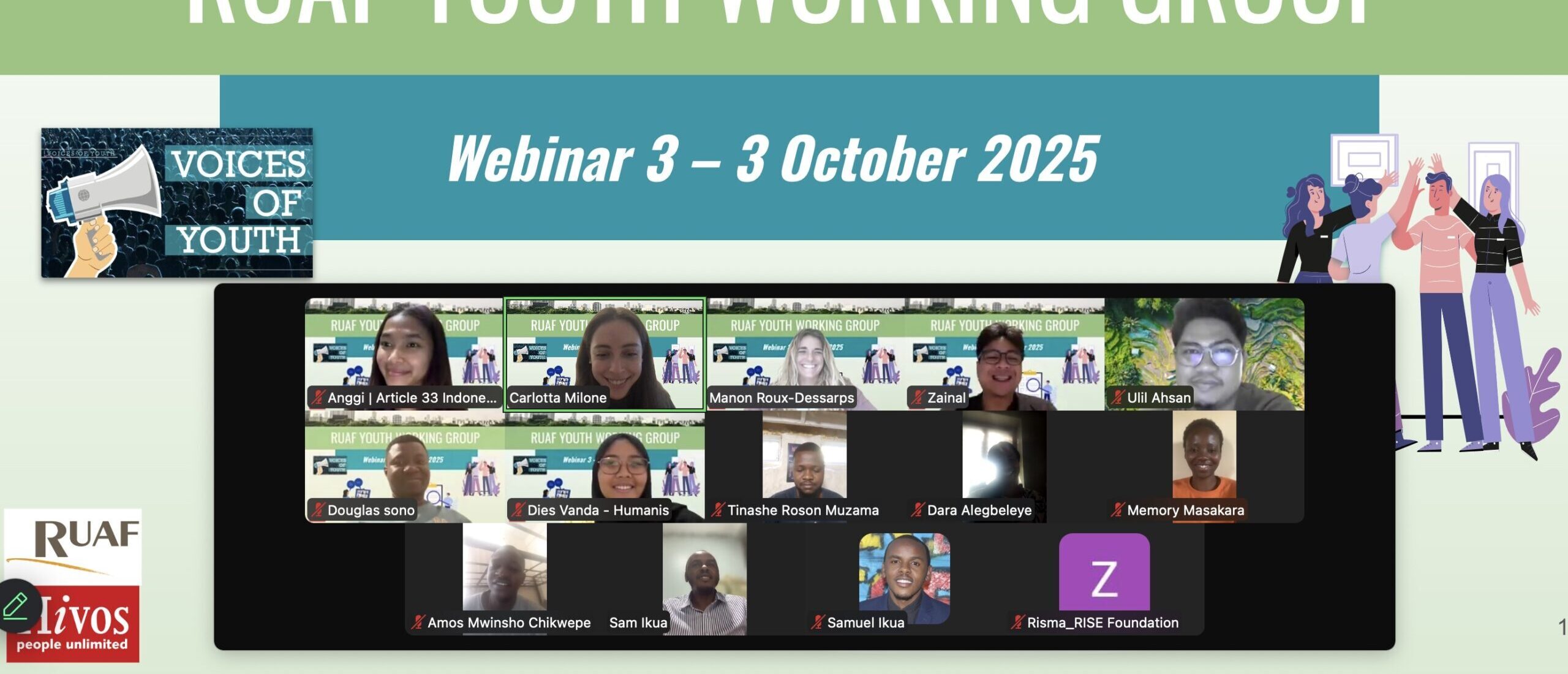Outside the EU several relevant experiences with effective UA policies exist that hold lessons and may serve as inspiration for future EU UA policies. In order to draw lessons and initiate learning exchange and cooperation with non-European countries, an online meeting series with a selection of non-European experiences was organized with a specific focus on global South / LDC experiences with UA policies.
On 28th November 2023, a first online expert meeting was organized with representatives of five cities, strategically selected for their innovative UA policies, to share details of policy instruments to enable food growing, and to learn from each other’s experiences – both positive and challenging. The aim of this first expert meeting was to draw lessons on how to strengthen EU policies on UA from countries with a long tradition of producing fooad in urban areas, while also build the foundations of city-to-city relationships for mutual exchange and learning.
The key points from the first discussion were:
- UA practitioners and advocates must be political aware, and actively lobby legislators and executives to support policies that support urban agriculture and provide finance.
- Public support critical to the long-term success of UA programmes, and can be built by providing training and resources, and sensitizing citizens to the benefits both for their families and for the city as a whole. The benefits must be continuously demonstrated to ensure support does not wane during challenging times.
- A centralised repository of policies that support UA, from all over the world, would provide valuable information and inspiration to policy makers in other places.
- There is an urgent need for data to demonstrate to policy makers the multifunctional benefits of UA, and to show how embedding UA can help deliver objectives of a range of policies in various domains (‘nexus policies’).
- While a central management and coordination unit is helpful, ensuring integrated support for UA by all relevant city departments and agencies helps ensure institutionalisation and reduces the reliance on short-term political support.
On 7th December 2023, a second online expert meeting was hosted with a specific focus on multilevel governance to support UA, in different country contexts around the world. The objective of this second meeting was to identify channels and mechanisms for multilevel policy support that may inform and inspire approaches to garner more support within the European Union, as well as identify challenges to engagement of policy makers at regional, national and supra-national levels.
The key points from the second discussion were:
- The level of national and regional policy support varies considerably between geographies. Higher levels may be more amendable to creating an enabling environment where UA is framed for food security, rather than health or social outcomes.
- More forceful advocacy may be required to compel national governments to support UA in countries where they will otherwise regard it as a local responsibility that does not require support.
- The European Union may draw the most helpful lessons on supporting UA from decentralized policy frameworks, such as Kenya, since the Common Agricultural Policy tends towards subsidiarity.
- National agriculture policy and support mechanisms should acknowledge urban agriculture as a viable form, and ensure support mechanisms are equally accessible to urban and rural farmers. Where specific supports are required for UA, these should be provided.
- Where local or national governments incentivise urban agriculture, such as through tax benefits, it must be accompanied by training for novices and extension services to promote success.

